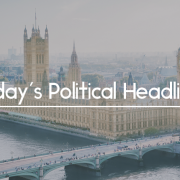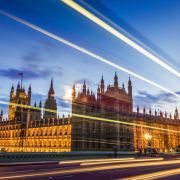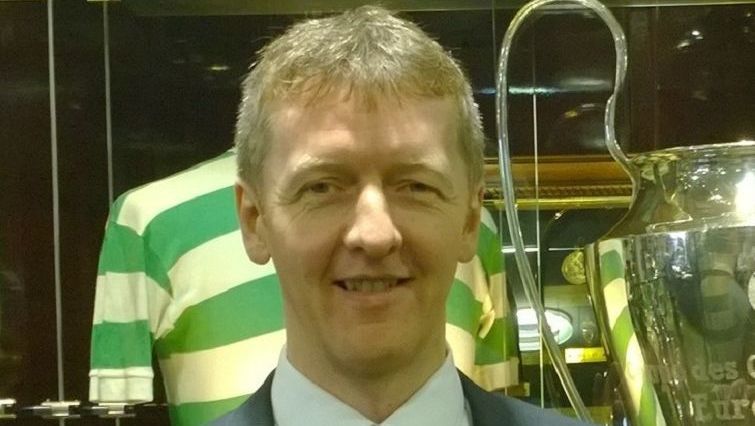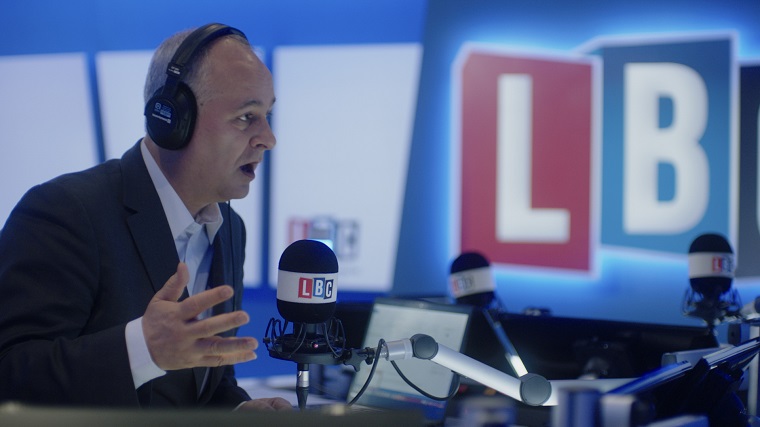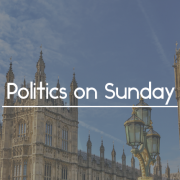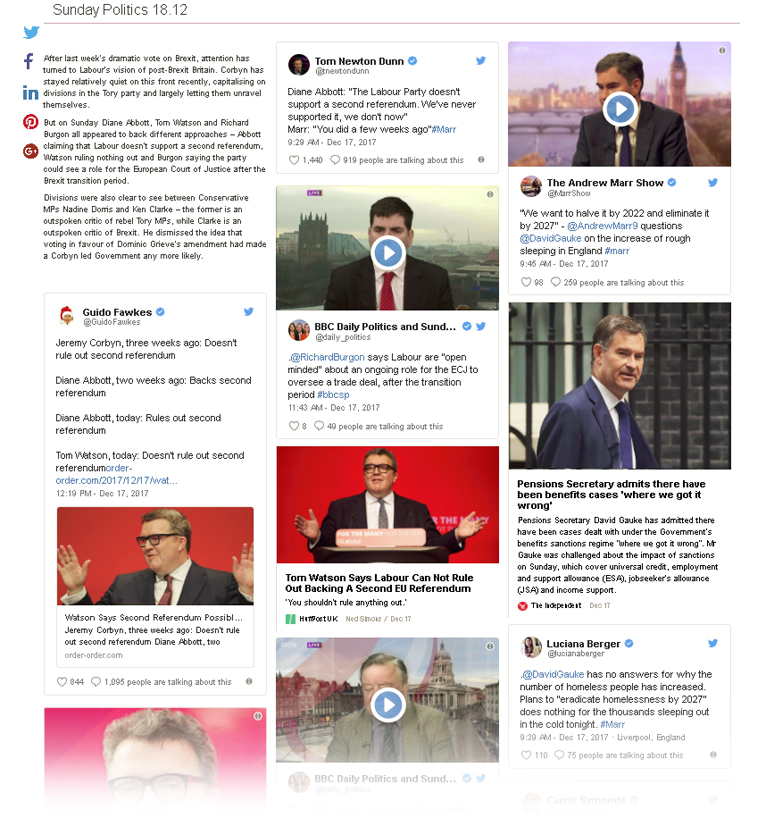Five Things You Shouldn’t Have Missed – 29 December 2017
Happy Merry Betwixtmas (maybe)! Some things still happen in the week of television and food, so here’s our round up of Five Things You probably Missed from the world of media, comms and PR.
Instagram’s stats

A bit later than the other tech giants, Instagram has released its top 10s of the year from most popular hashtag (#love) to most-liked post (Beyonce’s pregnancy announcement). One part of the 2017 release was most-popular stories, something that’s usually not visible to the outside world. This created an interesting top 10, where having the biggest following didn’t necessarily equate to having the most popular stories – which begs the question: what is true influence?
Ofcom complaints of the year

Ofcom has released the most complained about moments on TV from 2017, with Good Morning Britain topping the list for giving an interview with Dr Michael Davidson, a man who believes homosexuality is ‘an aberration’. Piers Morgan was delighted to be ‘No. 1’ on the complaint list and even retweeted Nigel Farage’s comment that he was ‘doing something right’. The full list of complained-about moments is largely made up by ITV, with BBC One and Sky News taking one each:
- Good Morning Britain, ITV, September 5 – 1,142 complaints about interview with Dr Michael Davidson
- Press Preview, Sky News, June 20 – 1,063 complaints about comments made by journalist Melanie Phillips
- Britain’s Got Talent, ITV, June 1 – 665 complaints over Amanda Holden’s dress
- Coronation Street, ITV, October 27 – 541 complaints over violent scenes involving Pat Phelan
- Comic Relief 2017, BBC One, March 24 – 339 complaints about swearing and sexual innuendo involving Vic Reeves and Russell Brand
- Emmerdale, ITV, March 6 – 275 complaints over prison scenes featuring violence and homophobic abuse towards Aaron Dingle
- I’m a Celebrity… Get Me Out of Here! ITV, December 7 – 243 complaints about alleged bullying towards Iain Lee
- This Morning, ITV, November 13 – 181 complaints about interviewee’s comments on transgender issues
- Good Morning Britain, ITV, June 20 – 176 complaints about interview with English Defence League co-founder Tommy Robinson
- Benidorm, ITV, May 3 – 137 complaints about comments made about a character with a cleft lip
Christmas Viewing Figures

Another list, this time the viewing figures for Christmas day, which were won by the Queen’s speech on both BBC and ITV. In second place, but leading the field of programmes on just one channel, was Mrs Brown’s Boys Christmas special. The BBC dominated the top 10 list, though the top 10 average was down from 2016.
Prince Harry takes over Today
In what will surely be a cracking scene in Netflix’s The Crown season 28, Prince Harry was this week a guest editor of BBC Radio 4’s Today programme. The fifth in line to the throne interviewed Obama and Prince Charles as well as talking about mental health and the armed forces. A highlight was his quickfire questions for Obama who seemed equally amused and unimpressed.
A look back at 2017
Everyone is doing it, so we’re joining in. Have a favourite moment from 2017? Whatever it is, here’s one you DEFINITELY shouldn’t have missed:
Seen something we’ve missed? Let us know on Twitter.










